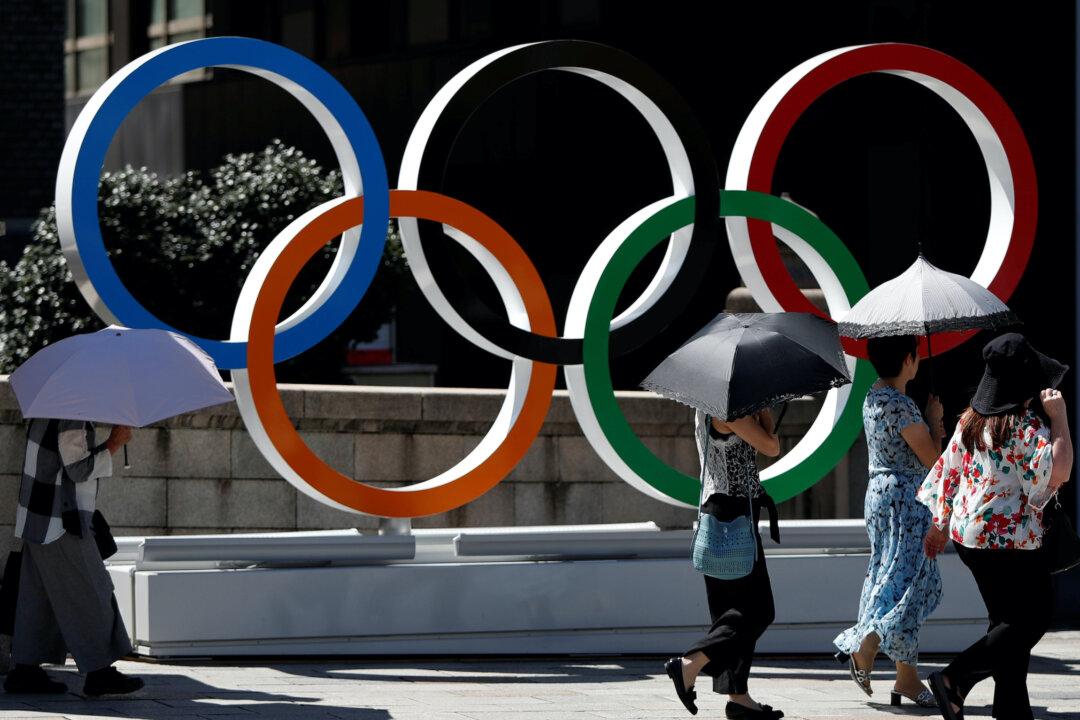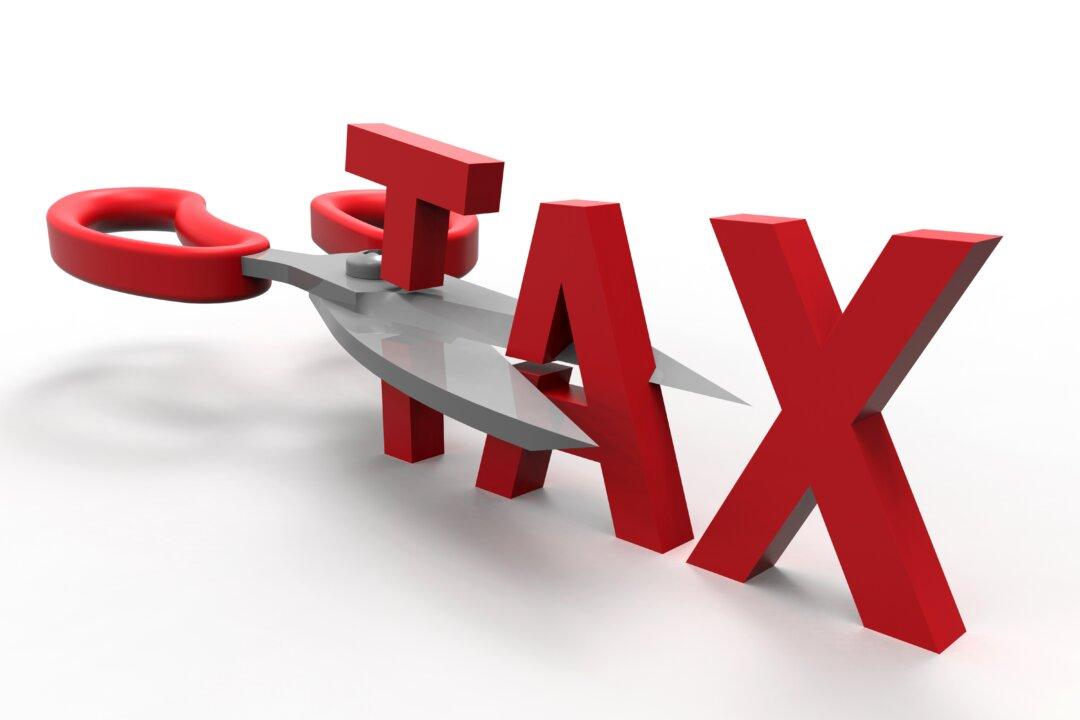GENEVA—The Court of Arbitration for Sport has been criticized for picking judges to work at the Tokyo Olympics who were not expert enough to handle doping cases.
Days before CAS opens its special Olympic courts at the Winter Games in Beijing, it was singled out in a wide-ranging report published by the World Anti-Doping Agency that broadly praised operations at last year’s Tokyo Olympics.





